![]()
Early this morning, October 9, the historic Tropicana Hotel in Las Vegas was imploded to make way for the new A’s Major League Baseball park. The hotel had been a mainstay on the Las Vegas strip for over 60 years.
The Tropicana Hotel — which the Bally’s Corporation says was often referred to as “The Trop” — first opened its doors in 1957 by Miami-based businessman Ben Jaffe, which goes a long way toward explaining the South Beach-inspired architecture and tropical theme. At the time, the Tropicana was considered the standard in Las Vegas for opulence and luxury and was even called “The Tiffany of the Strip,” Bally’s says.
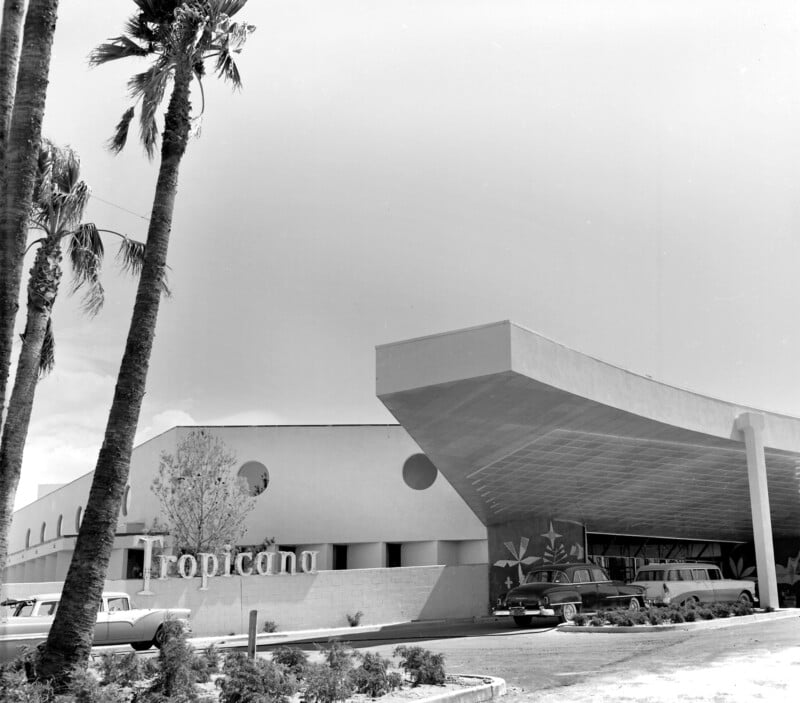
When it opened, the Tropicana had the largest casino in Las Vegas and thus regularly drew a crowd of elites, celebrities, and high-rollers.
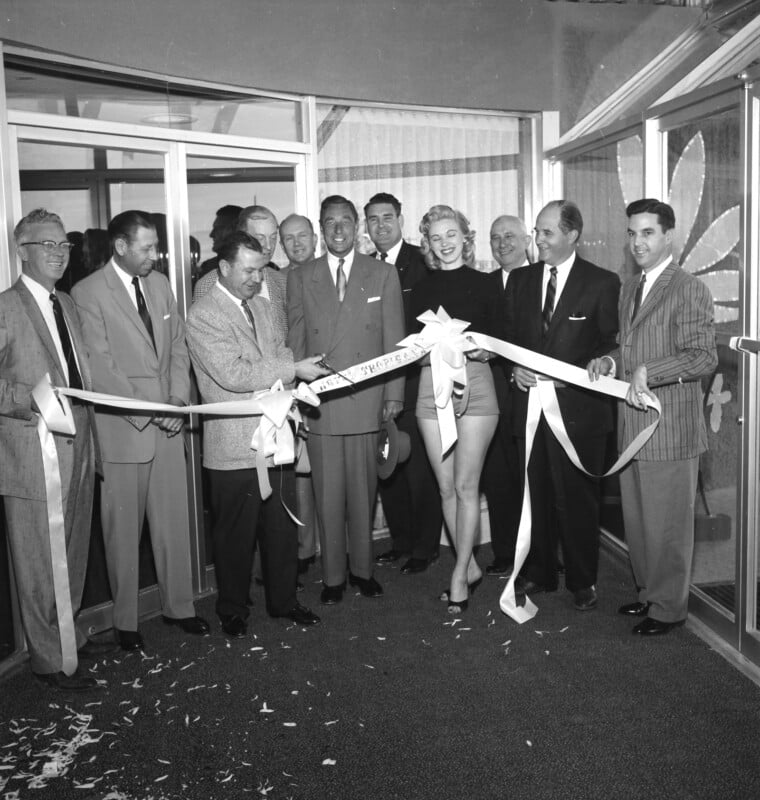
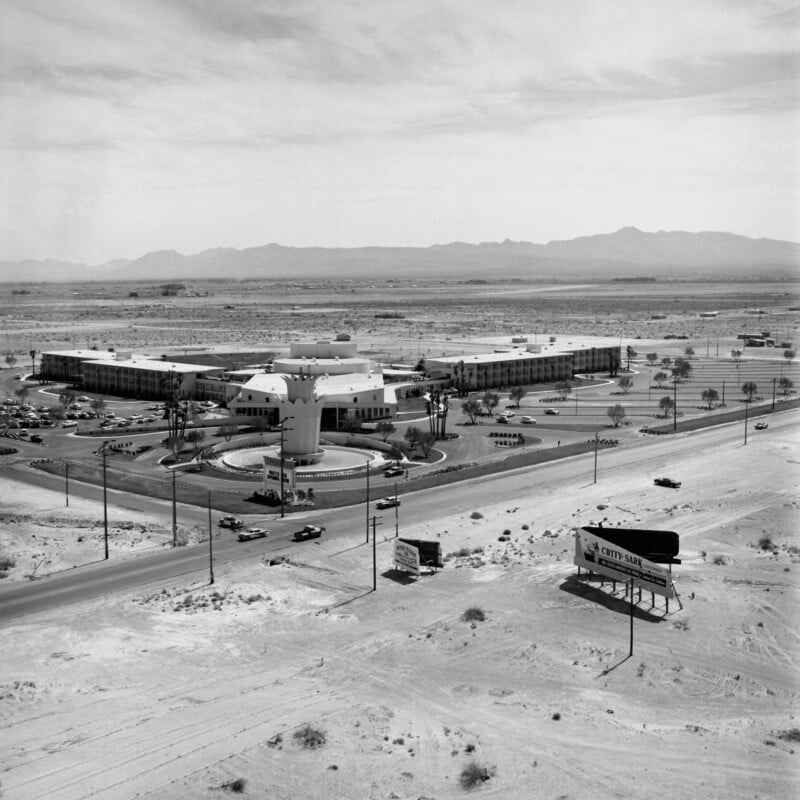
“For over six decades, the Tropicana Las Vegas has remained an iconic fixture on the Strip, representing the evolution of entertainment, luxury, and gaming in the city,” Bally’s says.
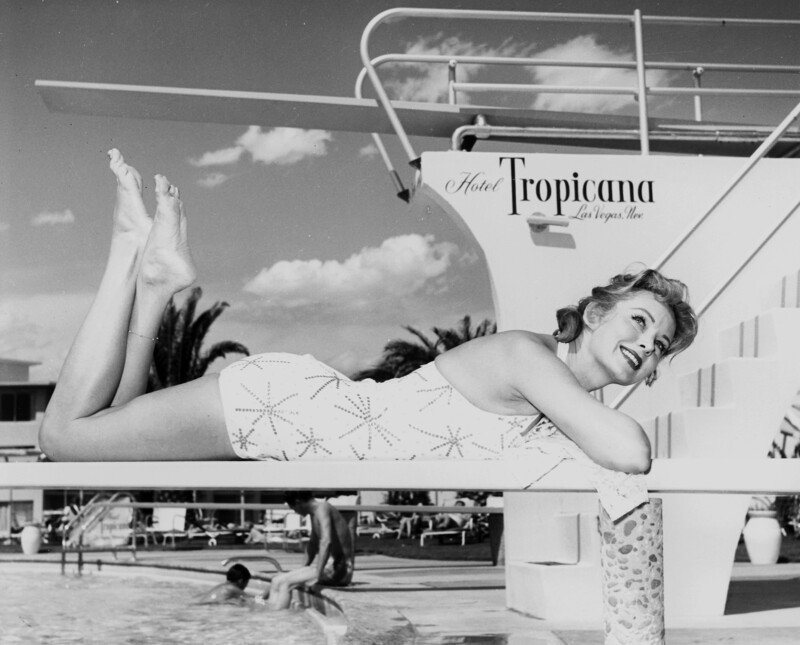
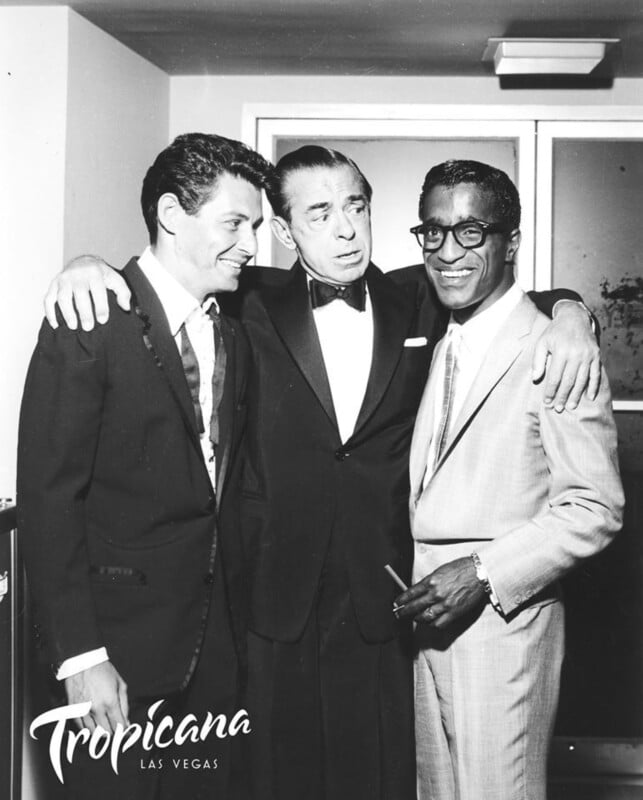
“From its Rat Pack-era heyday and the glamorous Folies Bergère to now the future home of the Athletics and a cutting-edge entertainment complex by Bally’s Corporation, the Tropicana’s history reflects the spirit of reinvention and excitement that defines Las Vegas.”
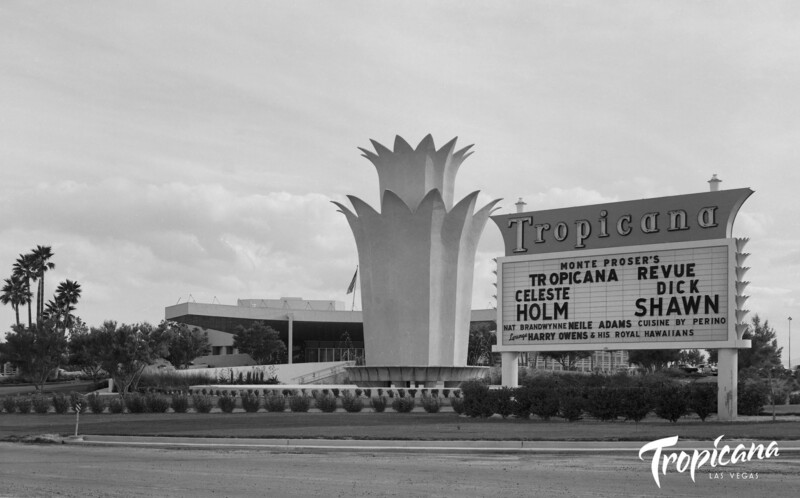
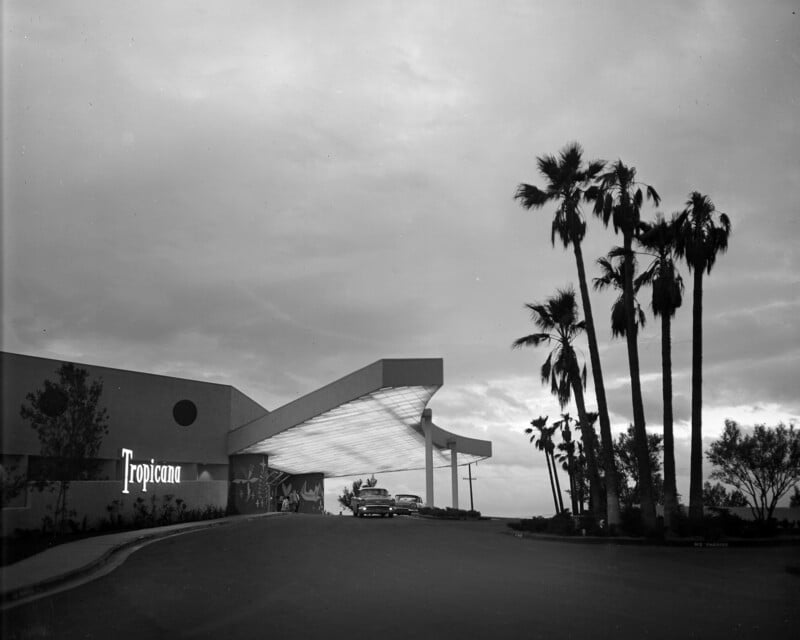
The Tropicana didn’t remain the same throughout its over six-decade lifespan. It saw multiple renovations through the decades. In 1979, it expanded with the construction of a new tower which added 600 rooms and a $1 million glass ceiling over the casino floor.
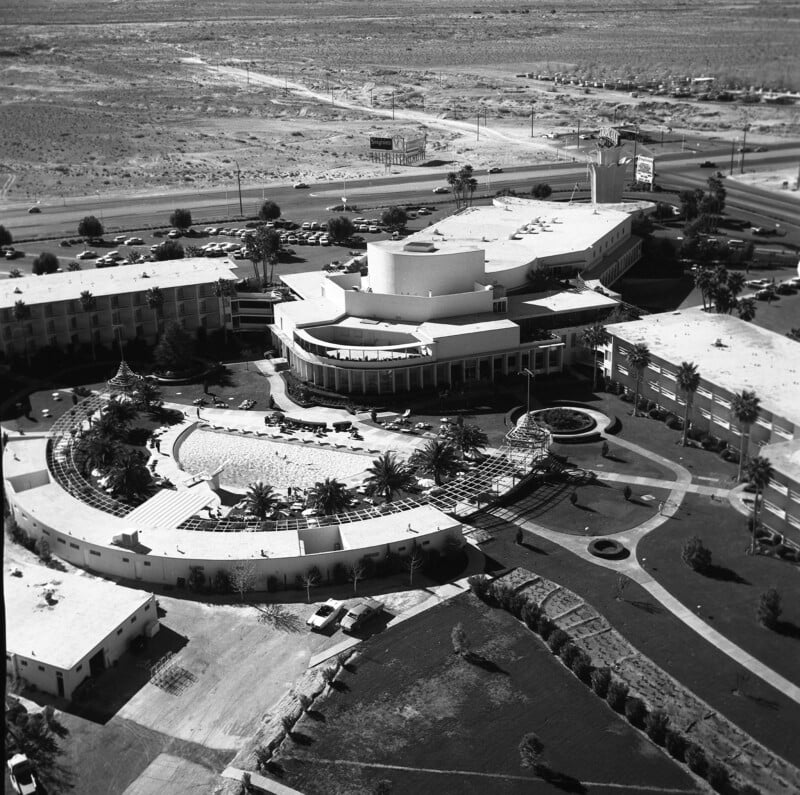
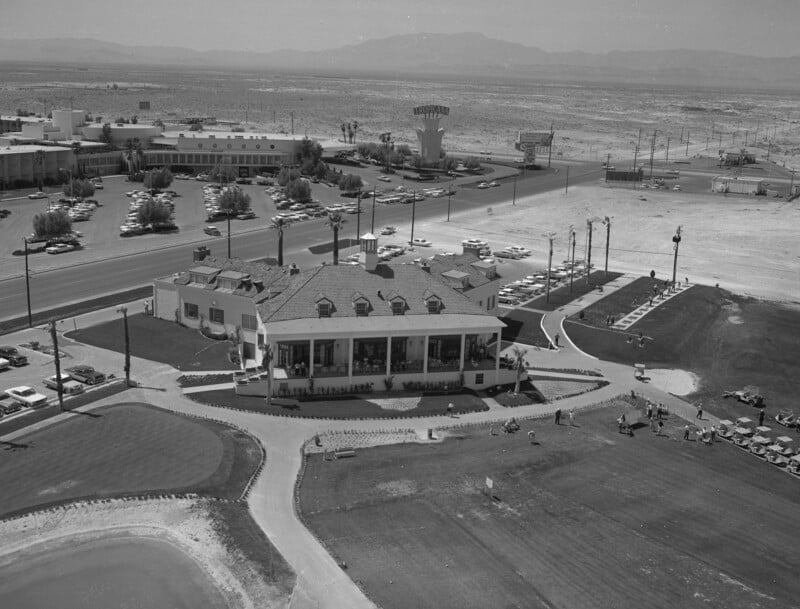
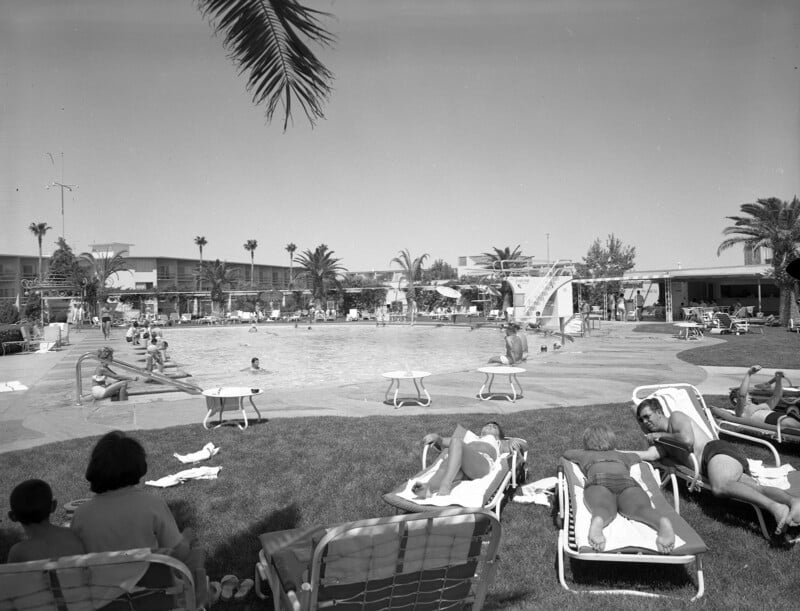
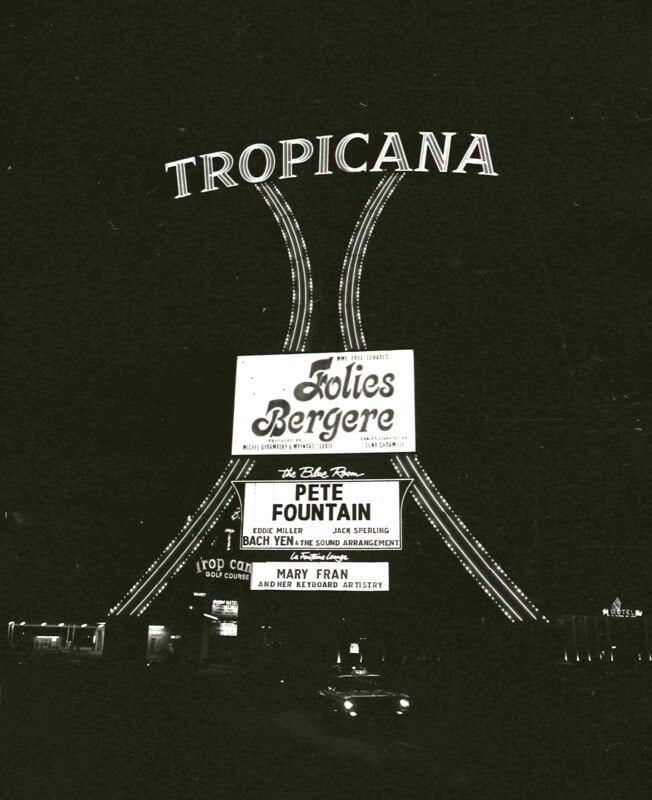
The hotel changed hands multiple times throughout its long life, the last taking place in 2022 when Bally’s acquired the hotel for $148 million. While it was imploded this morning, the Tropicana closed to the public six months ago on April 2, 2024.
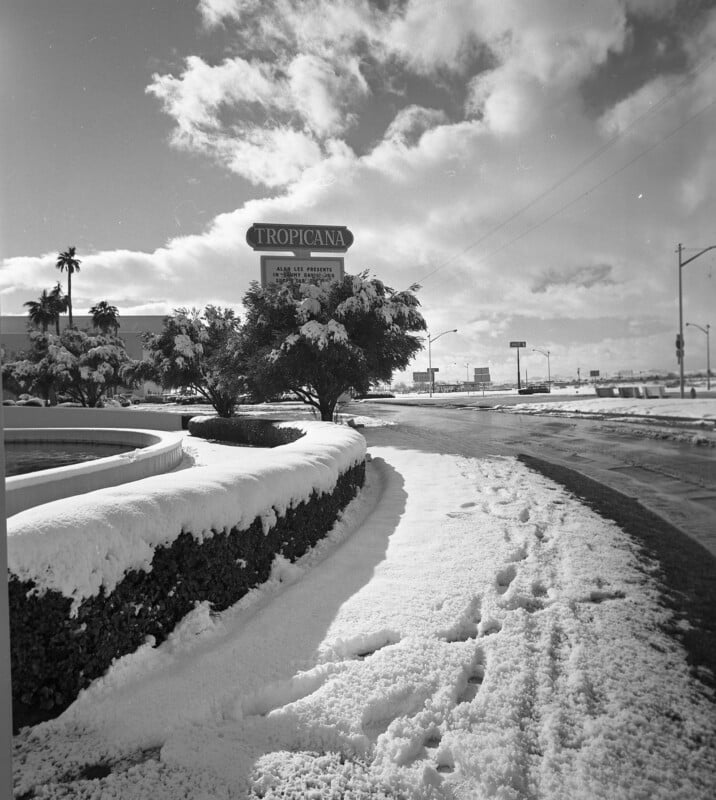
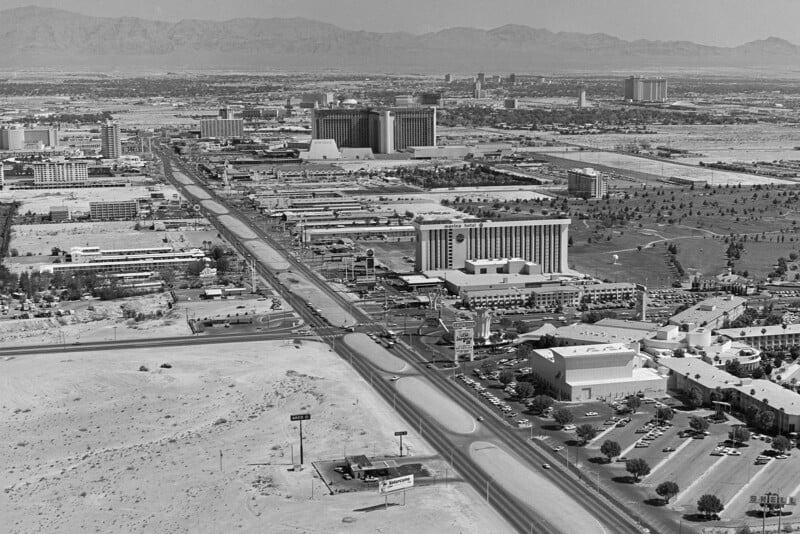
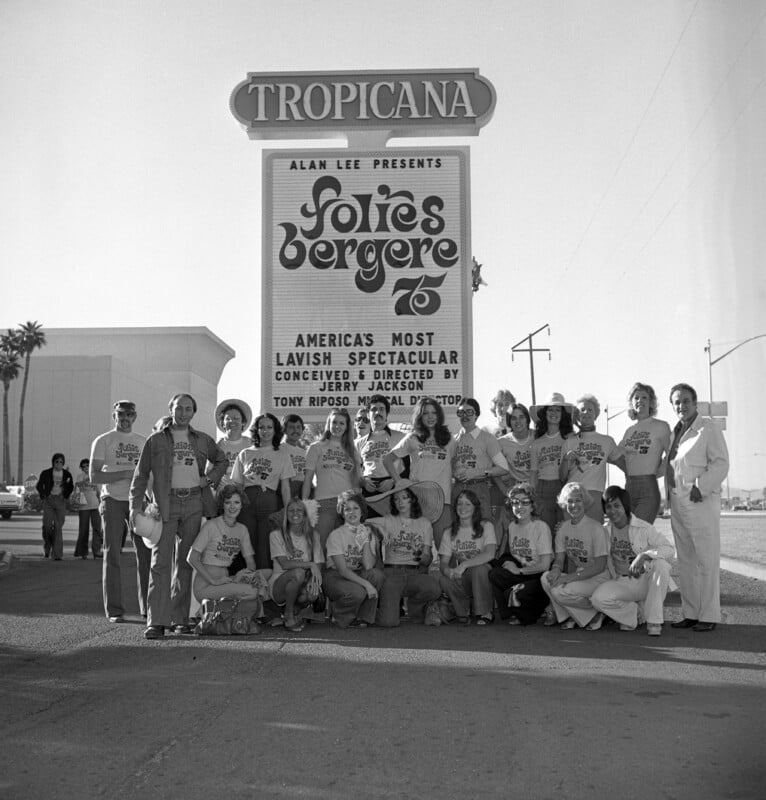
In 1986, the hotel underwent another $70 million renovation that added a five-acre pool that featured lagoons, waterfalls, and floating blackjack tables. Millions more would be spent renovating the Tropicana over the next 30 years, with the last major $180 million effort taking place between 2009 and 2011.

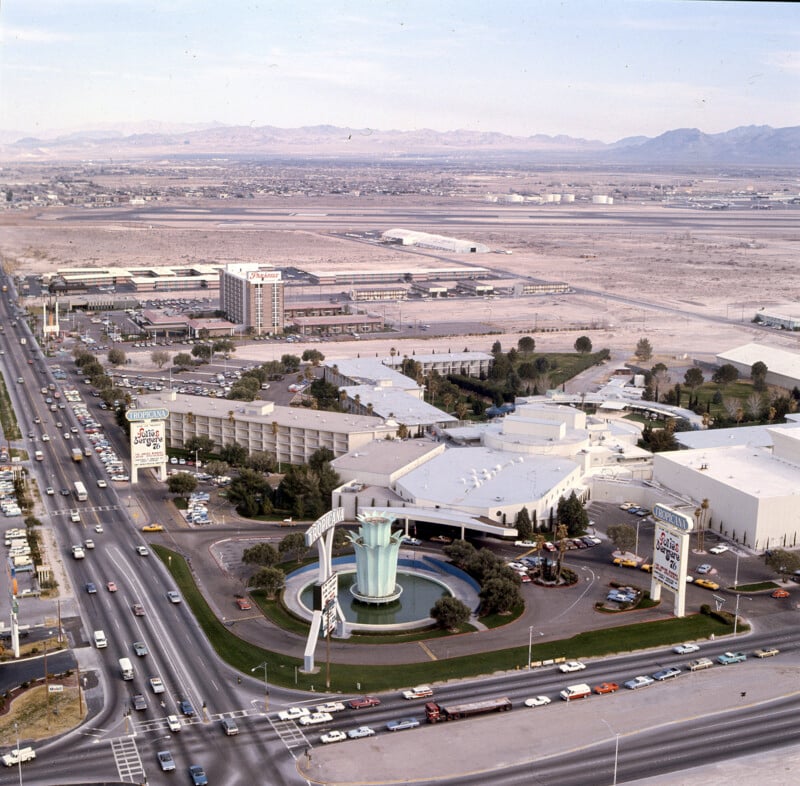
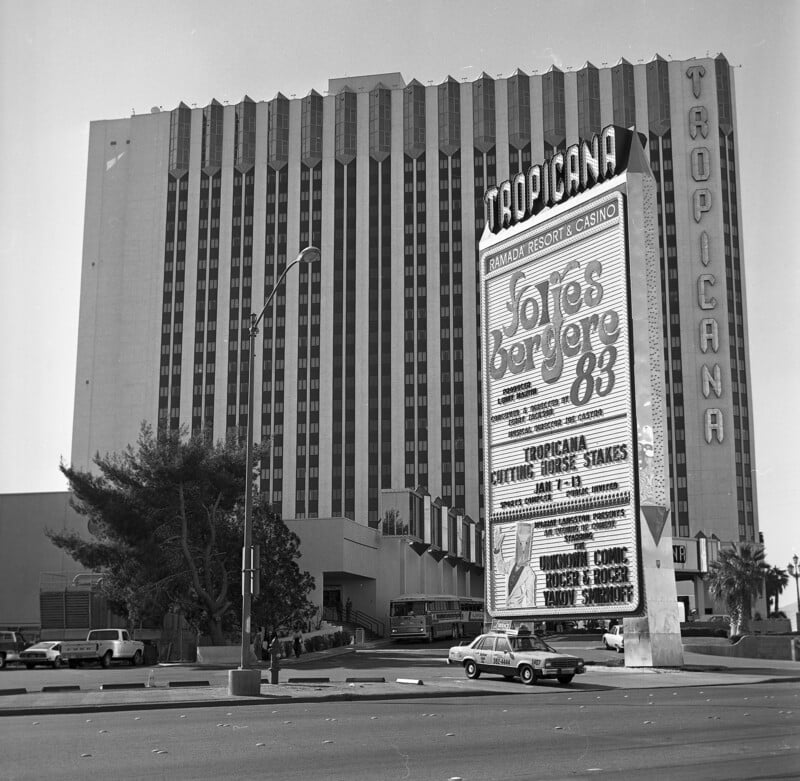
The Tropicana was old, but it was just the third oldest on the Las Vegas Strip at the time of its implosion. The Sahara (1952) and Flamingo (1946) both remain standing. Off the strip on Fremont Street can be found even older hotels like the Golden Gate (1906), El Cortez (1941), and Golden Nugget (1946).
The Tropicana is No More
The implosion was preceded by a fireworks display and drone show (featuring 555 drones) but no public viewing area was set up due to safety restrictions. Instead, the Bally’s Corporation set up a live stream on X (formerly Twitter) and Bally Live.
Celebrating Tropicana’s legacy one last time ✨ https://t.co/5FM5oiLZYq
— Las Vegas (@Vegas) October 9, 2024
The implosion — facilitated by GGG Demolition in coordination with Controlled Demolition, Inc. (CDI) which has a long history of structure demolition in Clark County — took down a total of 917,400 square feet. The demolition team cut 220 points into the 23-story Paradise Tower and packed them with 490 pounds of explosives. The concrete-framed 23-story Club Tower was bored with 1,130 holes and filled with 1,700 pounds of explosives.
Tropicana leaves a legacy as a new era begins ✨ pic.twitter.com/pgSUqAMsVn
— Las Vegas (@Vegas) October 9, 2024
22,000 feet of detonating cord was used to initiate the implosion of both structures, starting with Paradise Tower, and both main buildings collapsed within 22 seconds of the implosion initiation.
Post by @ktbs3
View on Threads
“The Tropicana Las Vegas was one of the original pioneers of the Strip, setting the stage for the vibrant, larger-than-life entertainment destination we know and love today,” Soo Kim, chairman of Bally’s Corporation, says.
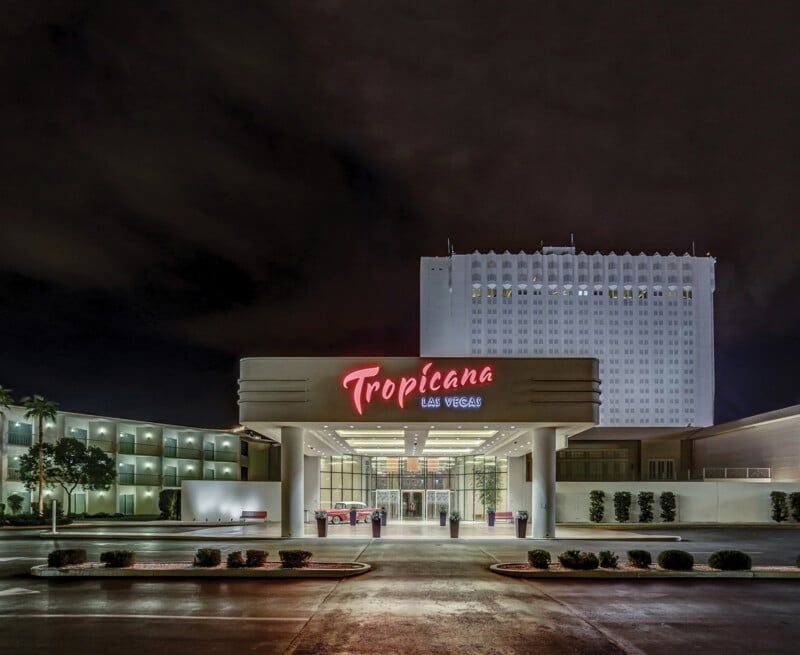
“It’s fitting that this iconic site now represents the future of Las Vegas as we look forward to welcoming Major League Baseball, the Athletics, and an exciting new entertainment complex. This moment in Las Vegas history represents more than just the next chapter—it’s the evolution of the Strip, where legend meets innovation to create something truly unforgettable.”
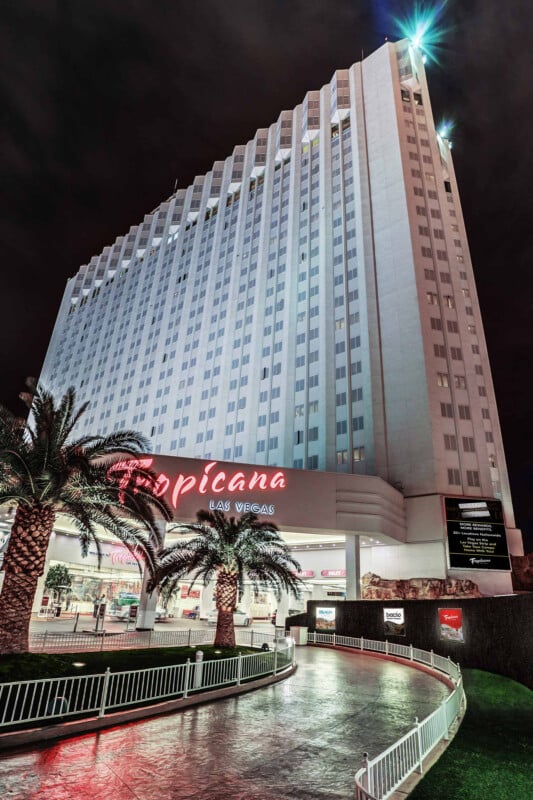
“The demolition of the Tropicana is an important milestone in the process of bringing A’s baseball to the world-renowned Las Vegas Strip and the community of Southern Nevada,” John Fisher, owner of the A’s, adds. “We hope that, in time, this site will become a place of unforgettable experiences for fans of the game. We extend our gratitude to Bally’s and GLPI for their partnership as we embark on this project together.”
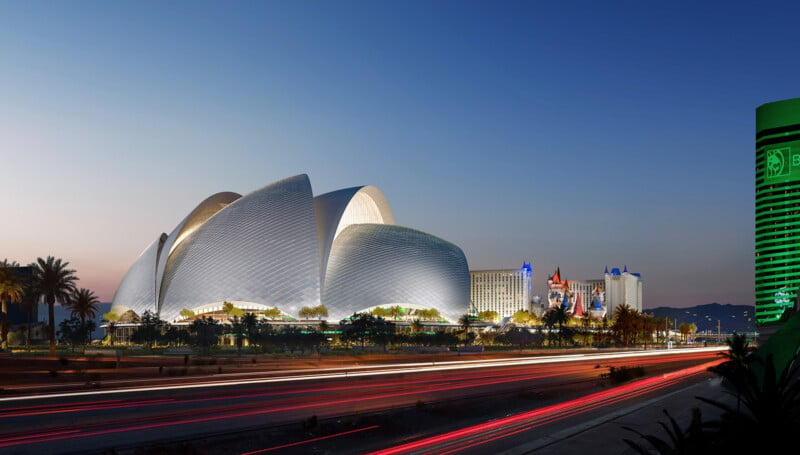
The A’s will have to wait at least a couple of years before the new stadium is completed and the team already vacated its Oakland location, meaning that at least next year the A’s will play at Sutter Health Park in West Sacramento. The park is currently home to the San Francisco Giant’s Triple-A affiliate team, the Rivercats. It can seat 10,624 people and opened on May 15, 2000.
Image credits: Photos courtesy of Bally’s Corporation and the Las Vegas Convention and Visitors Authority. Renderings of the new A’s ballpark courtesy of BIG.
